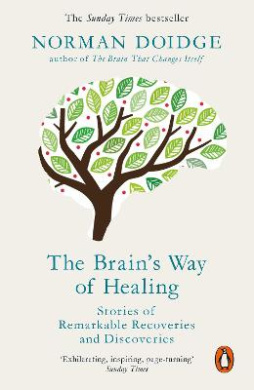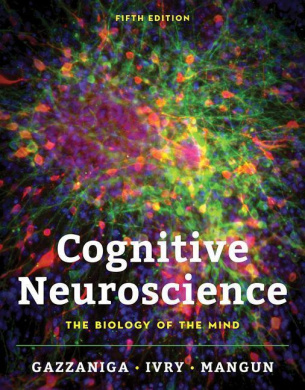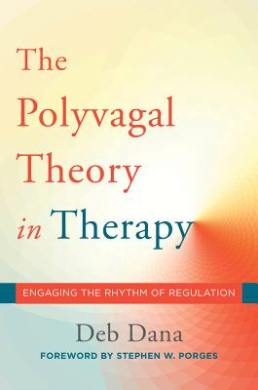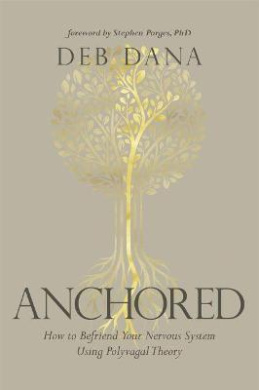Description
Modern brain research made ground-breaking discoveries. The so-called plasticity of the human brain makes it changable, extendable and adaptable one’s whole life. Contrary to the assumption that the mass of brain cells are steady, brain researchers found out now that cells can increase during life time. The latest findings suggest that the way we use our brain is crucial for how neuronal connections are established, stabilized or destabilized. The inner structure and organization of the brain adapts to the way it is exercised.If the human brain changes according to usage and how it has been used until now the question arises how we need to treat our brains in order to develop its full potential. Neurobiologist Gerald Hther investigates with a comprehensive and pictorial language this question and comes to a conclusion that undermines our current world view and forces us to take on something that we prefer to keep at a distance: Responsibility. – Studium und Promotion im Fach Biologie in Leipzig – 1979-1989: Max-Planck-Institut fr experimentelle Medizin in Gttingen (Arbeit zu Hirnentwicklungsstrungen) – 1988: Habilitation im Fachbereich Medizin an der Universitt Gttingen; Venia legendi fr Neurobiologie – 1989-1994: baute er als Heisenberg-Stipendiat der DFG die Abteilung fr neurobiologische Grundlagenforschung an der Psychiatrischen Klinik der Universitt Gttingen auf, die er bis 2006 geleitet hat.






